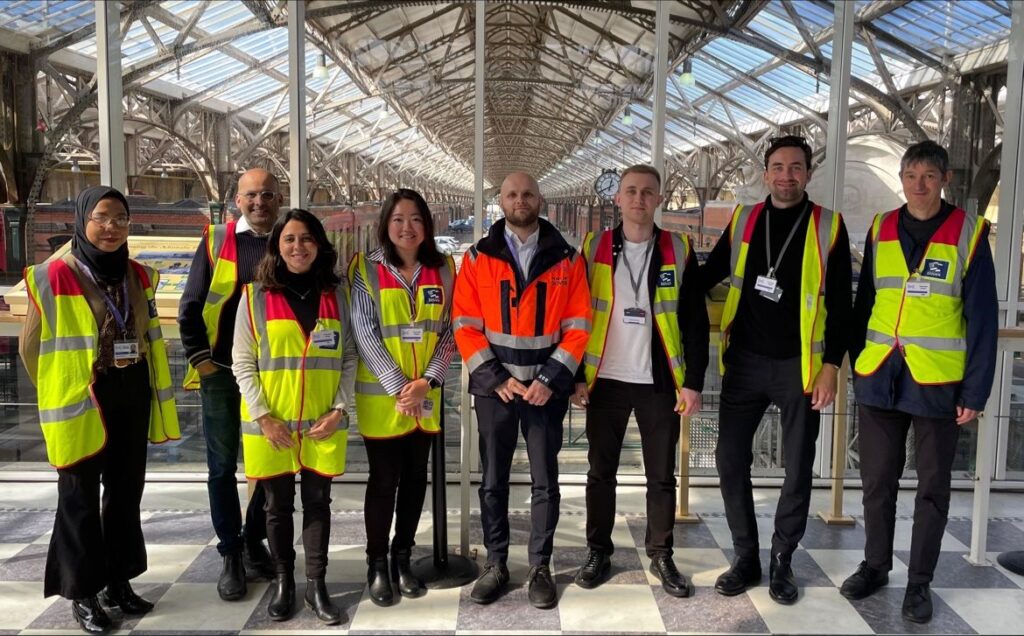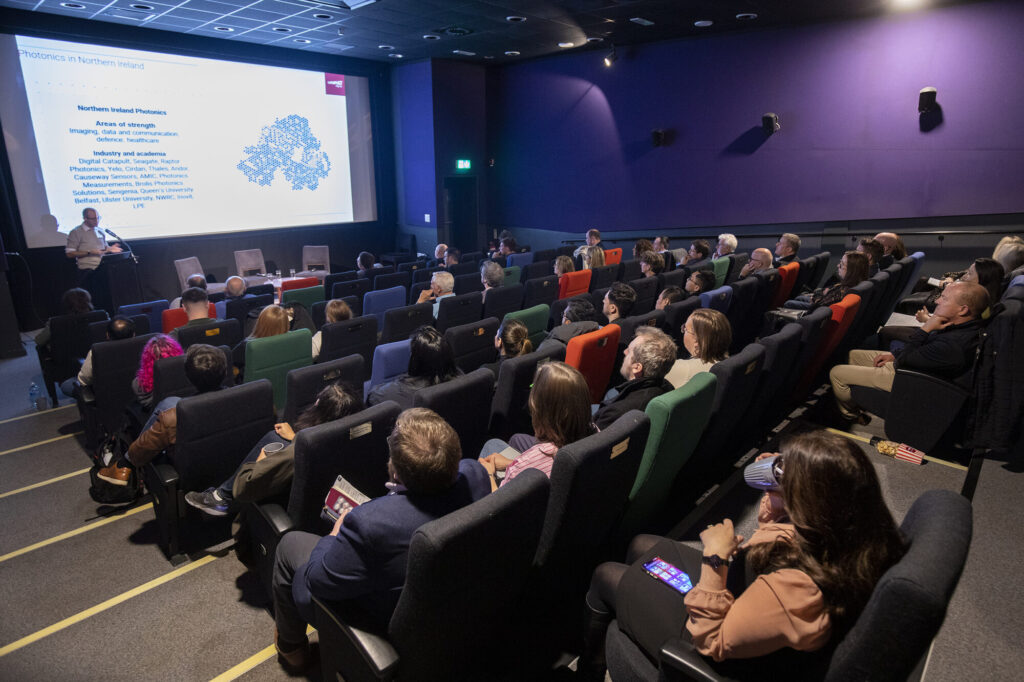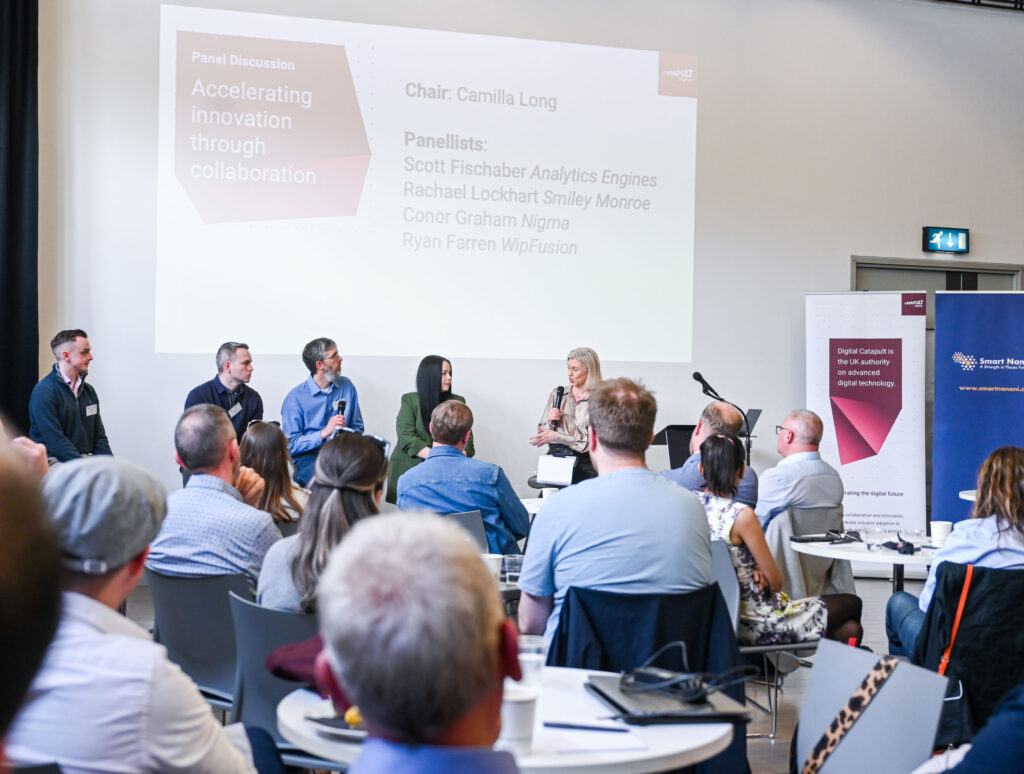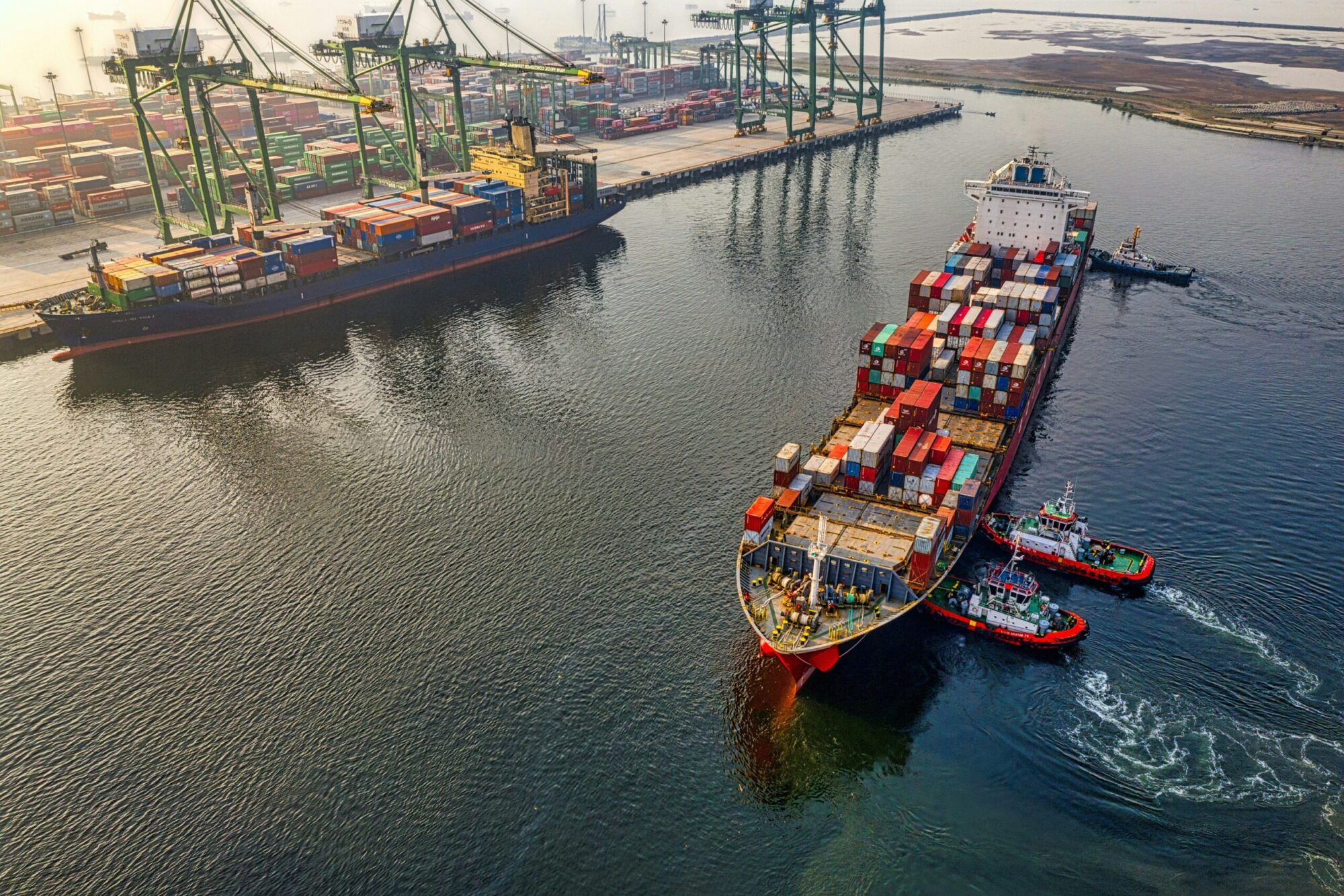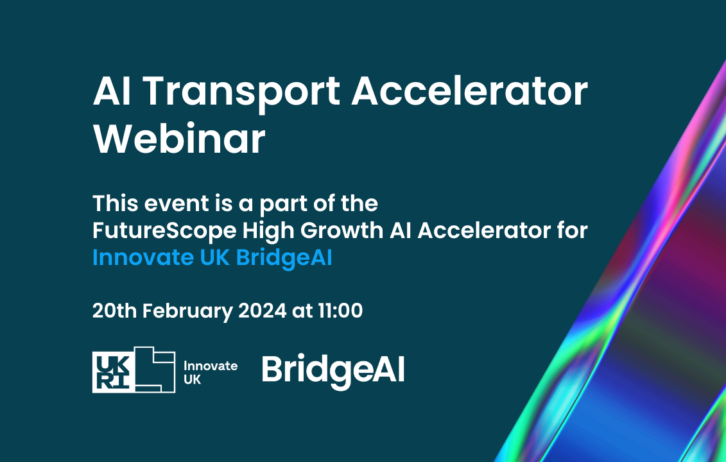The transport industry leads the way in the application of new AI technology. From optimising traffic flow to organising warehouses and predicting congestion, AI solutions are reshaping how goods and people are transported. But so far, attention has been focused overwhelmingly on the logistical and technological benefits of new solutions, often overlooking the impact on end users.
AI solutions are being used to address a wide range of challenges for the transport industry, mainly focused on automation and optimisation of systems and assets, feeding into the creation of smart infrastructures. There are many examples where this has already been implemented in both the public and private sectors, such as Oxfordshire County’s AI-informed approach to combat congestion or DHL’s shift toward smart warehousing after the pandemic.
The UK’s transport system faces growing challenges around ageing physical assets and systems, and traffic congestion is a nationwide problem – innovative solutions are needed to improve efficiency and meet the demands of today, as well as the future. Using AI to take a data-driven approach to addressing these challenges presents opportunities for optimising traffic flow, efficiently maintaining and upgrading physical assets, and cutting average travel times for businesses and the public. These solutions play a crucial role in reducing carbon emissions, making their implementation important not just for the benefit of individual organisations, but also for their contribution towards achieving the UK’s goal of net zero emissions by 2050.
The 2024 accelerator for user-centric, AI-based, transport solutions
Alongside the logistical and environmental benefits, it is also important that positive outcomes for end users are being considered, and how AI can be used to improve customer experiences. The FutureScope Bridge AI Acceleration programme is calling for AI innovators to solve three real-world challenges. One of the programme’s prime objectives is to explore user impact, as well as providing guidance on the ethical considerations for successful solutions.
All challenge solutions (detailed below) will also need to take into account legal and regulatory requirements relating to the collection and processing of vast amounts of data, from cybersecurity to data protection. Adhering to existing guidance is crucial for compliance, as well as ensuring the safety and privacy of end users. While there is no AI specific legislation in the UK at the moment, companies are expected to be developing technology in line with existing UK laws and applying responsible AI principles.
It is crucial to navigate the legal, ethical, and user-centric considerations of using AI if we are to build a sustainable and inclusive future. Promoting and adopting a user-centric approach will ensure that AI-driven innovations contribute positively to transforming the UK’s transport industry.
This blog was written as a part of the Innovate UK BridgeAI programme.

































